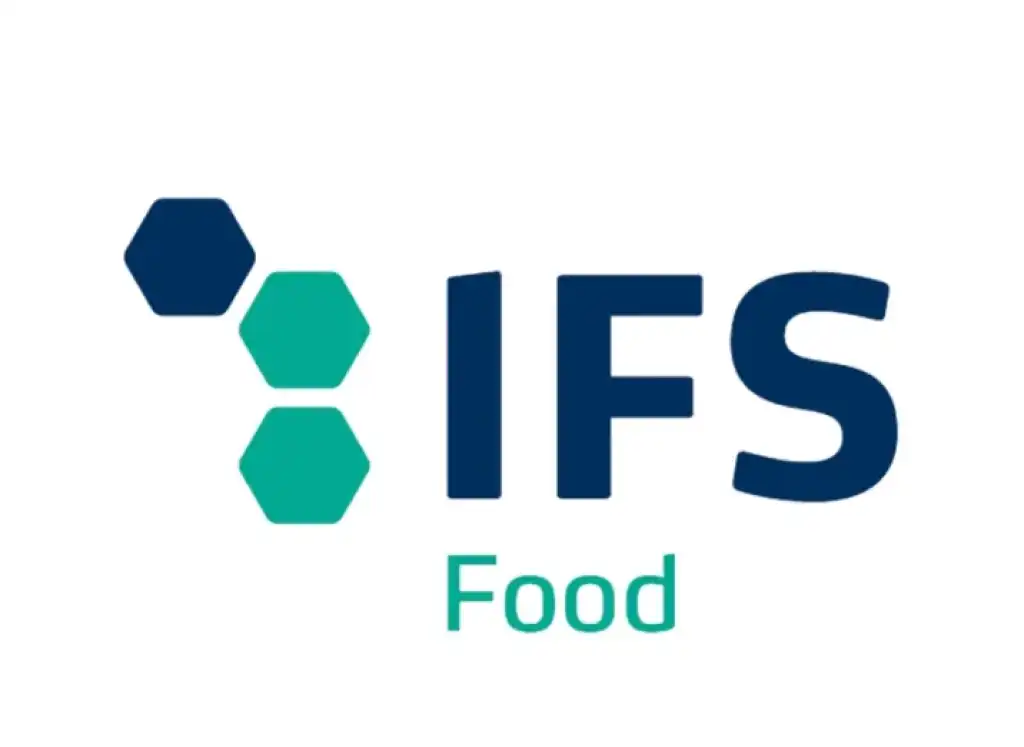Buying Guide and Sensory Evaluation of Extra Virgin Olive Oil
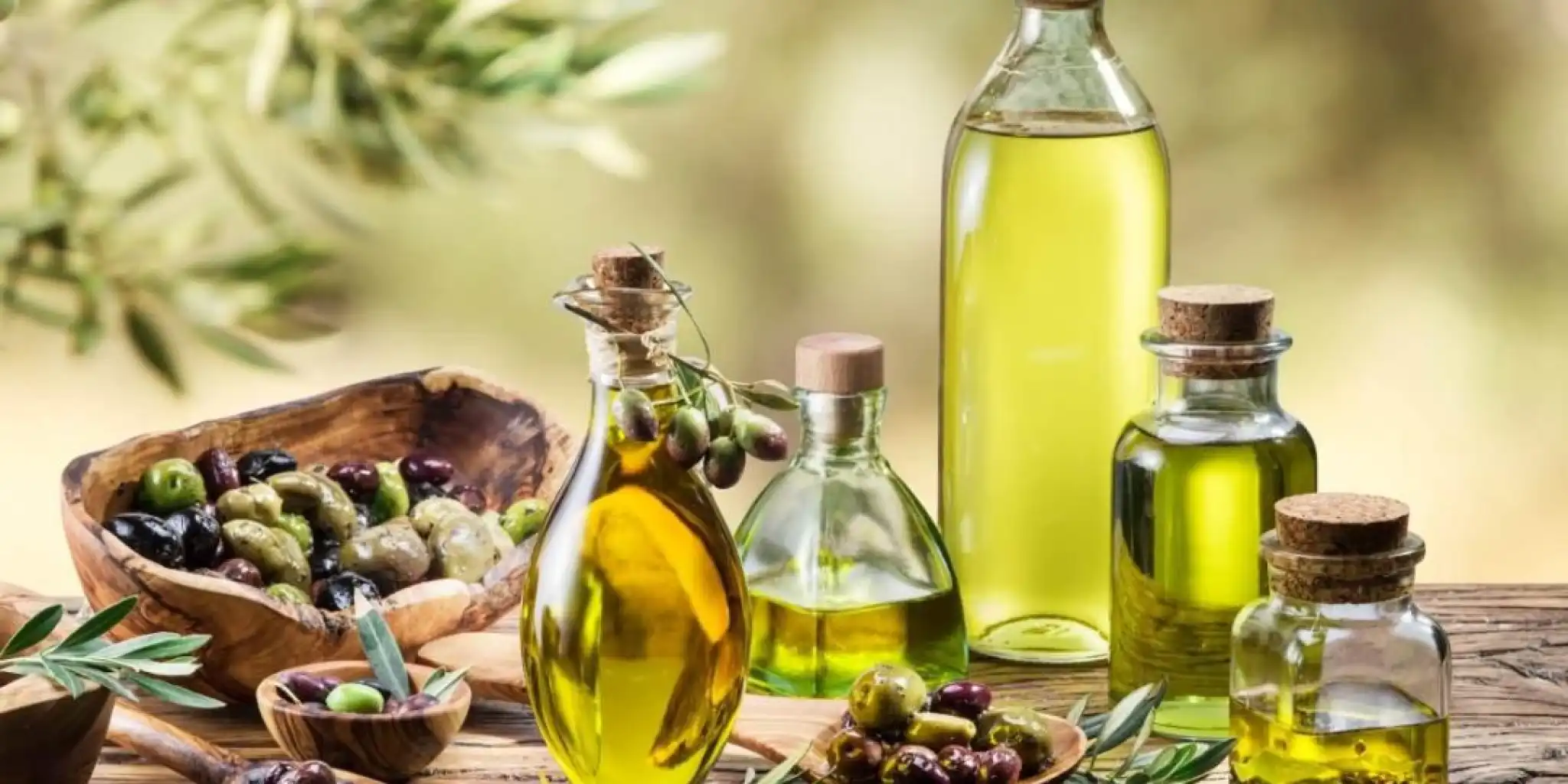
Why a guide to extra virgin olive oil
In our recent articles, we have often analyzed those products that most deserve the title of Italian excellence. As such, they deserve in-depth exploration and a practical buying guide, helping consumers choose products that meet the high quality standards we should expect at our tables.
One of the true kings of Mediterranean cuisine is olive oil. Used both for cooking and drizzling raw, its highest expression is the extra virgin variety. For anyone buying extra virgin olive oil, it is crucial to understand two things: what distinguishes it from other oils, and how to recognize a product worthy of the buyer’s expectations.
Supermarket shelves are not filled exclusively with Italian oils. Many — perhaps too many — come from imports, especially Spain, but also Tunisia and Turkey. Thanks to large-scale mechanized production and low costs, these producers can sell at competitive prices even in Italy. But the real price is not just at checkout: it is also the inevitable loss of quality when a product is mass-produced only to serve as many markets as possible.
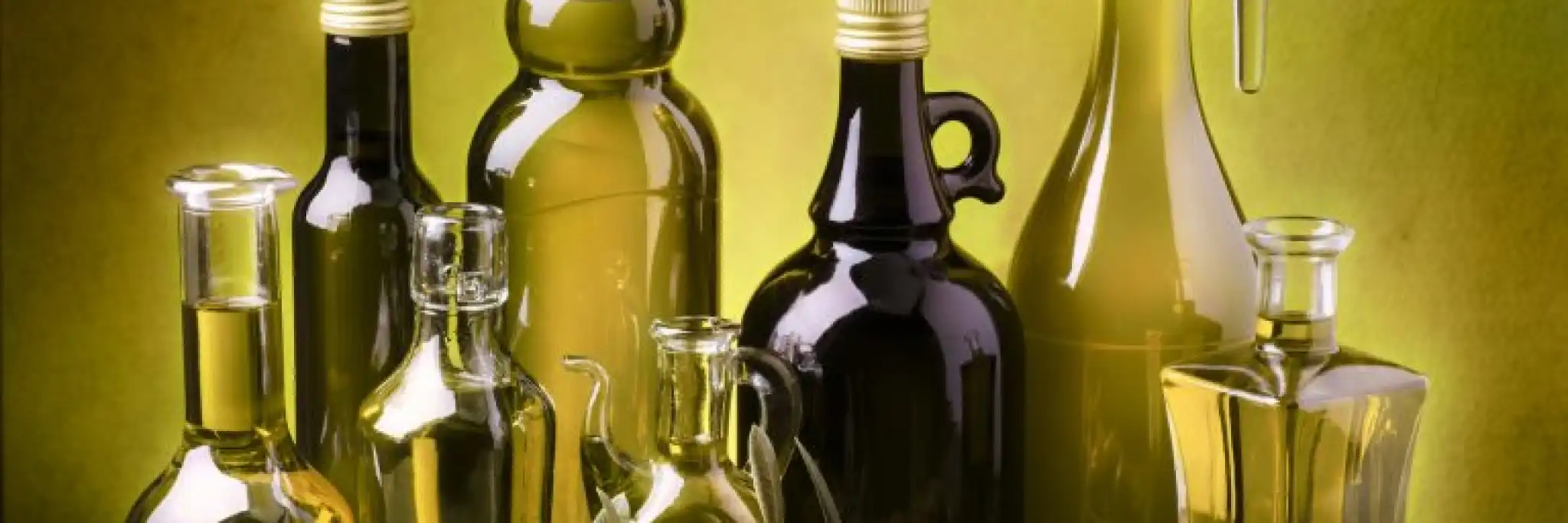
Extra virgin: definition, defects and fraud
Extra virgin olive oil is defined by a specific process ensuring acidity does not exceed 0.8g per 100g. Its organoleptic properties must aim for purity and be free from defects. Unfortunately, this is often not the case. Causes include outdated machinery, poor maintenance, careless mass production focused solely on profit, and failure to follow proper processing protocols.
Much of what is sold in supermarkets does not reflect the prestige promised by the term “extra virgin.” Some bottles should not even bear the label, as they lack the required characteristics. In 2011, Italy’s customs agency revealed that 40% of oils tested contained mold and other flaws. In 2015, a prosecutor-led investigation exposed major producers selling ordinary virgin oil as extra virgin, a clear case of food fraud involving counterfeited products that should have been downgraded.
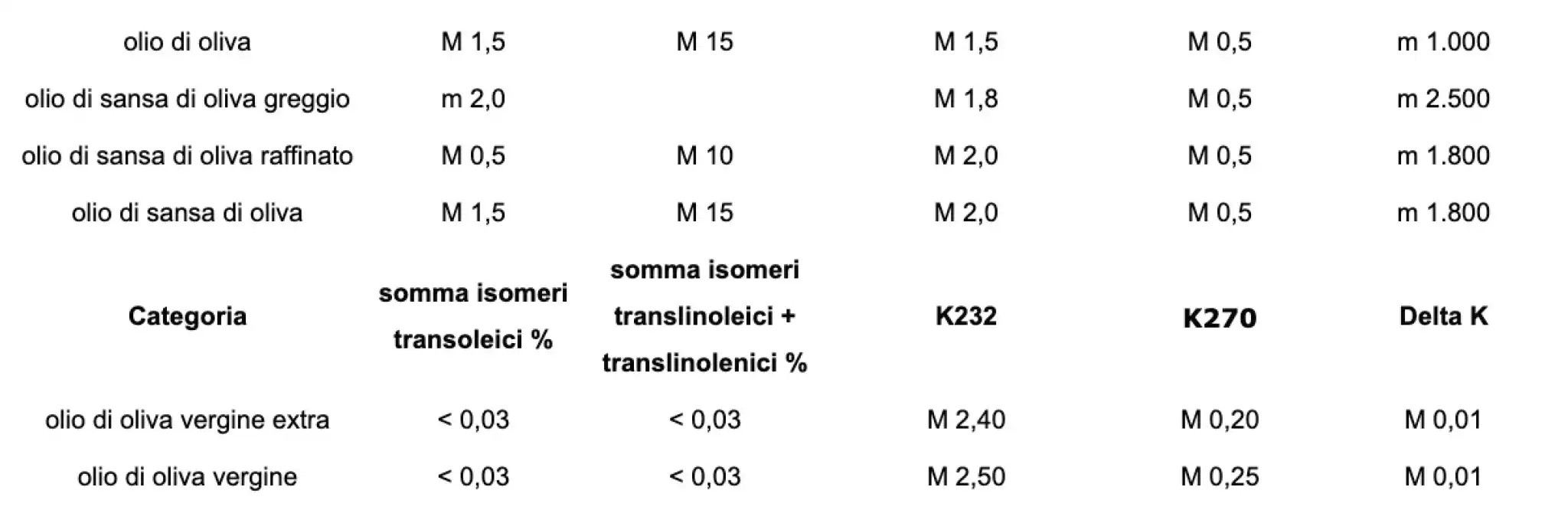
How to recognize real extra virgin: label and tasting
So how can you recognize genuine extra virgin olive oil? Judging by the label alone is risky, but it should not be ignored. In most cases, certifications like PDO and PGI are strong indicators of quality. While not flawless, they are generally reliable compared to questionable supermarket oils. Still, the ultimate test is tasting.
This is your best tool to evaluate quality. Whether it confirms or disproves the claims on the label, tasting gives you a clear impression. Take a teaspoon, hold it in your mouth for at least 30 seconds, and carefully assess the aftertaste.
A good oil has the aroma of green olives. Look for hints of freshly cut grass, or sometimes apple or green tomato. Any odd taste resembling fermentation means a flaw known as “fusty.” Instead, a slightly bitter and peppery aftertaste is a positive sign of correct processing.
Use your sense of smell too: if no grassy, olive-like aroma is present, the oil likely falls short of consumer expectations.
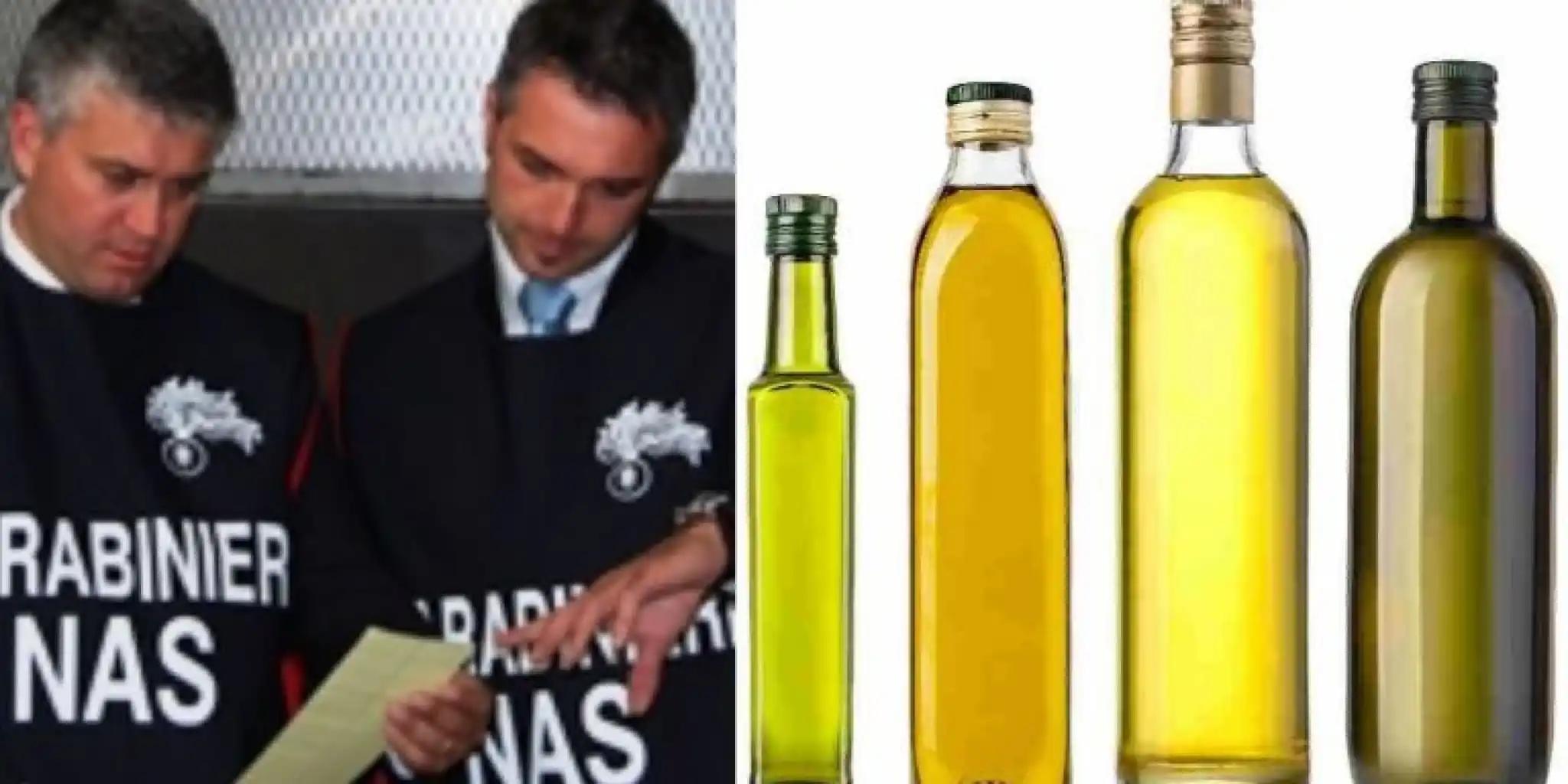
Fair price and protection against fraud
What about the price?
It varies depending on factors such as harvest quality. Very cheap oils claiming to be extra virgin are suspicious. Quality production has unavoidable costs, and unrealistic prices are a red flag about authenticity or quality. A reasonable range is €10–15 per liter.
In conclusion, buying extra virgin olive oil is not easy. In a market full of speculation, caution is essential — especially for professionals.
Food fraud in the olive oil sector is frequent. Setting up a Food Fraud management system is the best tool for entrepreneurs who want to purchase and use genuine products. To do this, it is advisable to rely on specialists who can guide you through this complex market and ensure what you buy matches the label.
Carmine F. Milone
Food Technologist
